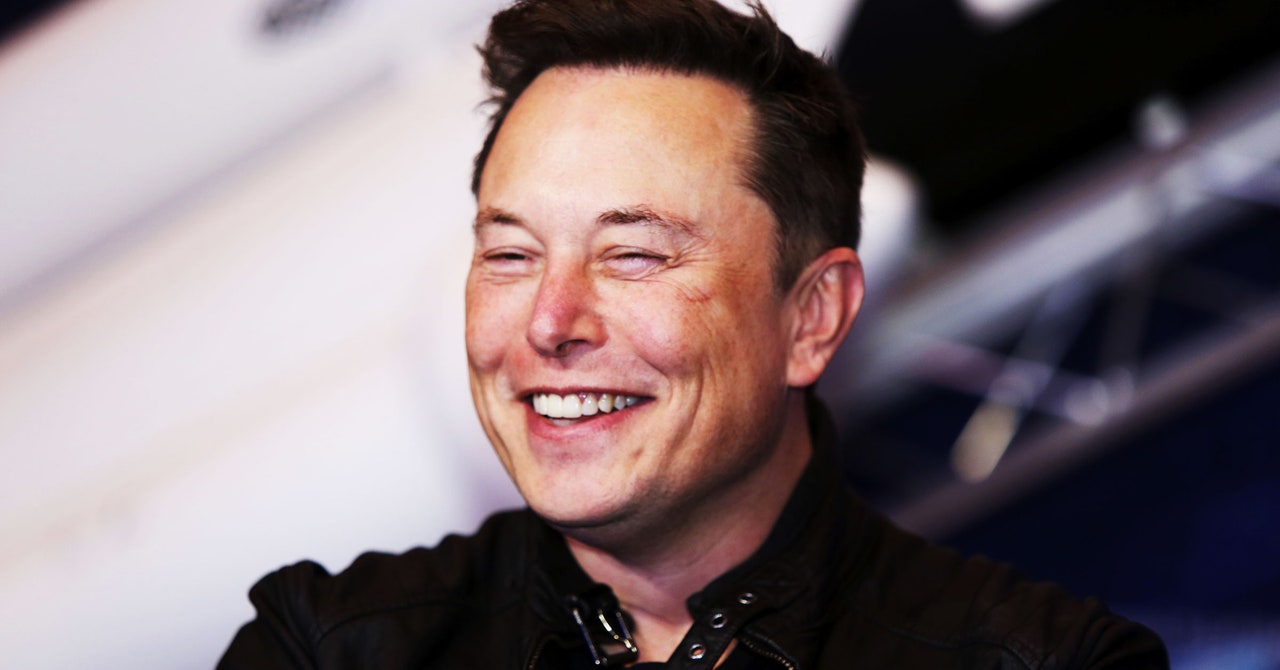
The saga of Elon Musk attempting to take over Twitter began, appropriately, on Twitter. In late March, Musk tweeted, “Given that Twitter serves as the de facto public town square, failing to adhere to free speech principles fundamentally undermines democracy. What should be done?”
We now know Musk’s answer. Not long after his tweet, an SEC filing revealed he had quietly become Twitter’s largest shareholder. And on Wednesday, he sent a letter to Twitter’s board chair declaring his intention to buy the company for about $43 billion and take it private. His goal, he wrote, is to help Twitter realize its “potential to be the platform for free speech around the globe.”
Musk was vague about what free speech means to him, but his moves appeared to be about loosening Twitter’s content moderation policies. In a live interview at this year’s TED conference on Thursday, he basically confirmed those suspicions. When asked whether a Musk-owned Twitter would prohibit any content, he replied, “I think obviously Twitter or any forum is bound by the laws of the country that it operates in. There are some limitations on free speech in the US and of course Twitter would have to abide by those.”
If this is really Musk’s plan, it’s terrible news. The First Amendment permits all kinds of horrible speech that most people don’t want to see in their social feeds. Allowing any legal speech would mean opening up Twitter to explicit racism, anti-Semitism, homophobia, advocacy of violence, and worse. If this isn’t really his intent, his comments are still terrible news: It means he has spent close to zero time thinking seriously about free speech before attempting to buy Twitter in the name of free speech.
Musk is on firmer ground, however, when he calls Twitter a de facto public square. Not everyone thinks so. On my feed, at least, that claim has drawn a fair bit of mockery. Some people have pointed out that Twitter is a private company, not the government, and so can do what it wants. Others have argued that Twitter can’t be the public square because most of the public doesn’t even use it. Twitter is far smaller than other social platforms. It only has around 200 million daily active users worldwide, and around 37 million in the US. Compare that to around 2 billion active users for Facebook and YouTube and more than a billion for TikTok. Nor does Twitter have the kind of quasi-governmental market power of the biggest tech giants. Meta’s current market cap is about $575 billion—a precipitous fall from last year, when it cleared $1 trillion, but still out of reach for even the world’s richest person. TikTok’s parent company has been valued at $250 billion. Next to those numbers, Twitter looks like small potatoes.
And yet Musk is onto something. A platform’s importance to democracy isn’t purely a function of its size or even its popularity. Twitter may not be the biggest social network, but, at least in the US, it’s the most politically significant. (This is probably less true internationally. The US remains Twitter’s biggest market.) Its relatively small user base is composed disproportionately of people who influence politics and culture. It’s where journalists, politicians, academics, and other “elites” spend tons of time. It’s where they get news and workshop their takes. It is, after all, where Musk—the world’s richest person—chooses to express himself. If you want to influence public opinion, you don’t post on Facebook. You tweet.
